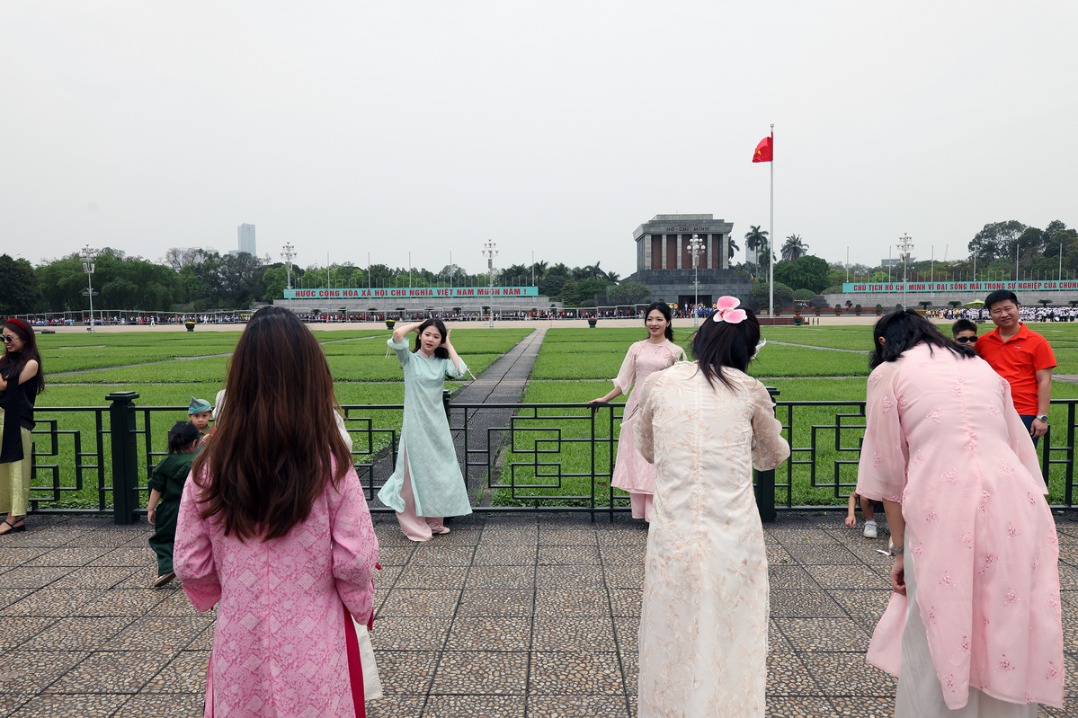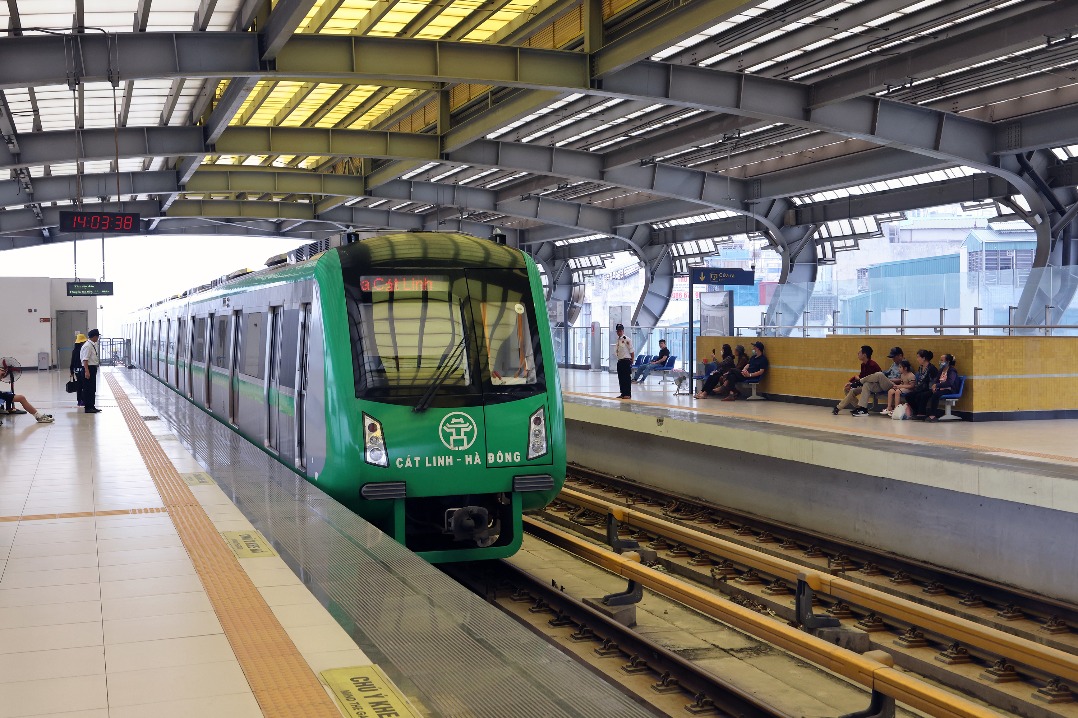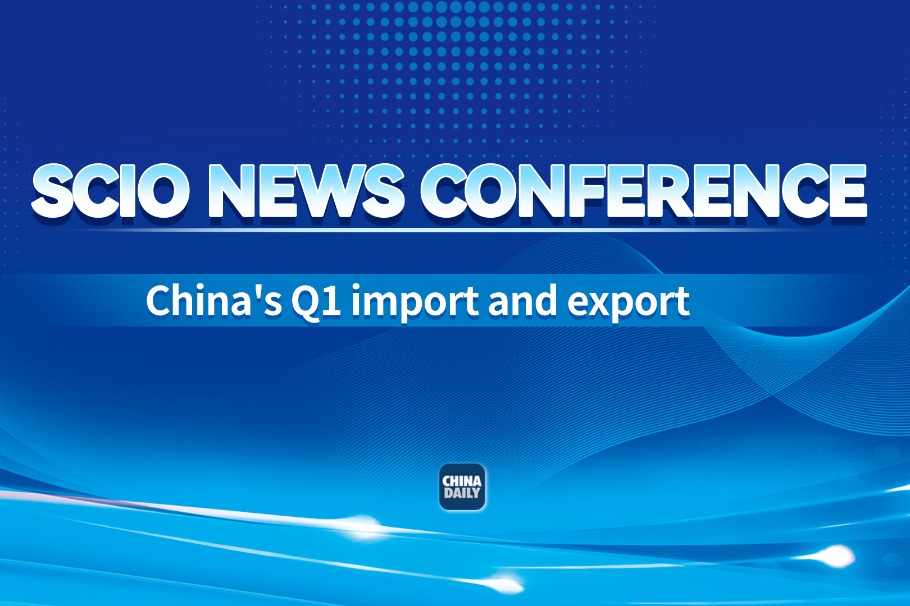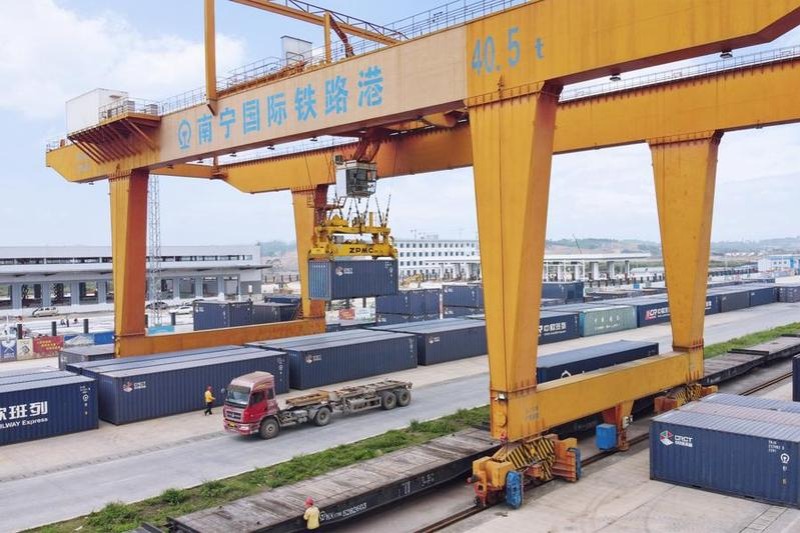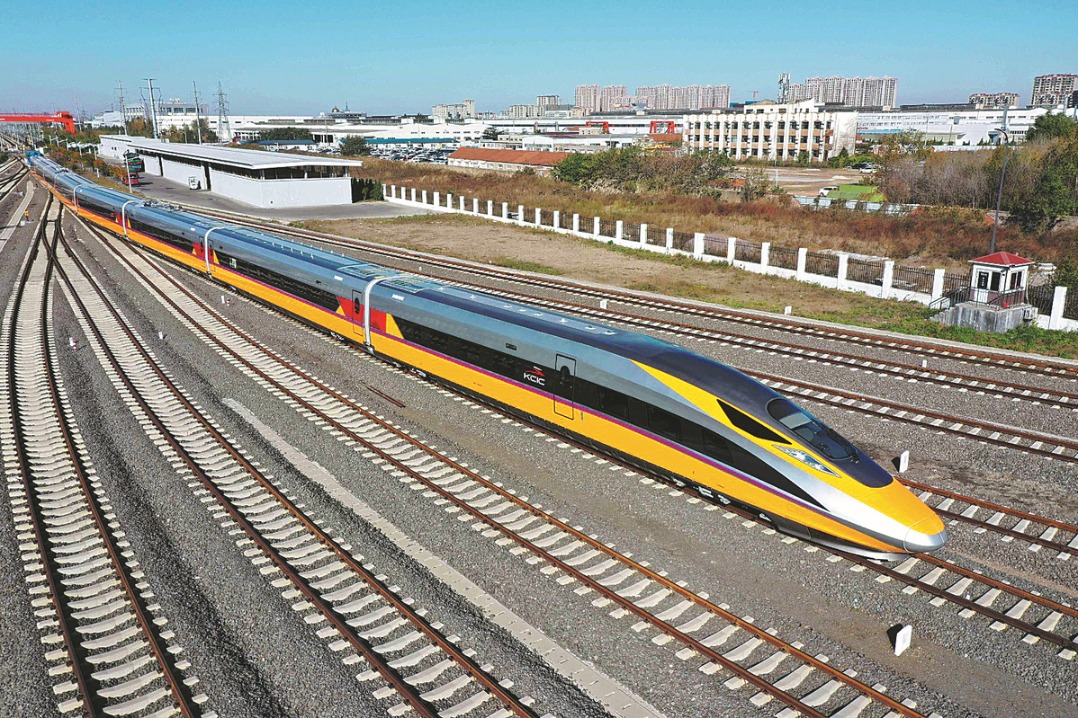Navigating uncertainty
China and ASEAN's strategic cooperation could help them steer a course through Trump's tariff war

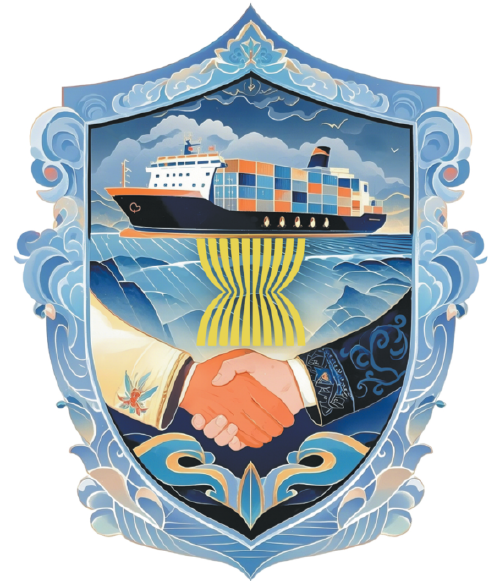
In mid-April, Chinese President Xi Jinping is expected to visit Vietnam, Malaysia and Cambodia. The visits come as the region — and the world — continues to grapple with the economic upheaval triggered by President Donald Trump's aggressive tariff policy, which has disrupted global trade and strained international relations.
Malaysia, Cambodia and Vietnam — all hit by the stiff new levies — face potentially severe economic repercussions. In Malaysia, where the tariffs threaten to disrupt critical commodities and manufacturing exports, authorities are adopting a cautious "wait-and-see" stance before formulating a response. By contrast, Cambodia and Vietnam have proactively engaged Washington in efforts to negotiate relief and soften the tariff blow.
Trump's economic warfare represents the latest strain in the Association of Southeast Asian Nations' fraught relationship with the United States — a partnership that has evolved dramatically since the US' post-World War II heyday as the driver of Southeast Asia's economic growth. In recent years, Washington's pivot toward security priorities and expanded military footprint in the South China Sea has fueled unease across the region, leaving many questioning whether the US still views ASEAN through an economic or purely strategic lens.
Today, as Trump's "America First" policy unleashes hostility toward both allies and adversaries, US global leadership is unraveling — and for ASEAN, as for many others, Washington has become an increasingly unpredictable and unreliable partner. Vietnam, now burdened by crushing 46 percent tariffs, has openly criticized the measures, arguing they "do not reflect the spirit of our comprehensive strategic partnership, which is built on peace, stability, cooperation and development".
Meanwhile, China-ASEAN relations have deepened considerably over the past decade, fueled by booming trade, increased investment and robust regional collaboration. China now stands as ASEAN's largest trading partner, with bilateral commerce thriving in critical sectors such as electronics, manufacturing and agriculture. The Belt and Road Initiative has further cemented this partnership, financing vital infrastructure projects across Southeast Asia and accelerating regional connectivity and economic integration.
While some challenges persist, ASEAN as a whole has adapted to coexist and cooperate pragmatically with China. According to the Southeast Asia Perceptions Report on the South China Sea — a survey conducted by Renmin University of China in Beijing — 80 percent of respondents view their countries' relations with China as generally favorable, despite the unresolved territorial disputes. The report underscores the fact that economic and diplomatic engagement continues to outweigh regional tensions, reinforcing China's pivotal role in Southeast Asia's development trajectory.
President Xi's April visits — his first overseas trip in 2025 — signals Southeast Asia's priority in China's foreign policy agenda. The timing is particularly significant, as regional leaders and China are likely to use this opportunity to align their response to the economic turbulence caused by the Trump administration's coercive tariffs. This coordination may help mitigate the damage to ASEAN's export-driven economies while potentially reshaping the regional trade order.
At China Development Forum in March in Beijing, Premier Li Qiang forcefully reaffirmed China's enduring commitment to free trade and globalization as pillars of economic stability. And Li urged countries to open their markets to combat "rising instability and uncertainty".
Later the same month, as US tariff threats loomed and economic fragmentation intensified, China, Japan and the Republic of Korea moved to fast-track negotiations on their long-delayed trilateral free trade agreement. The three Asian powers further committed to deepening economic cooperation — a strategic move aimed at safeguarding regional stability and presenting a united front against the US' unilateral trade measures. This coordinated response signals their determination to counterbalance protectionist pressures while advancing Asia's economic integration agenda.
China and ASEAN should likewise adopt a coordinated strategy to counter the Trump administration's latest tariffs by deepening their economic ties and strengthening regional trade agreements. By enhancing the ASEAN-China Free Trade Area and advancing the Regional Comprehensive Economic Partnership, both parties can reduce their reliance on the US market and mitigate the impact of the tariffs. Joint initiatives, such as diversifying supply chains within the region, promoting intra-ASEAN trade, and leveraging alternative markets, can help both sides buffer against economic disruptions.
In May, Malaysia will host the inaugural ASEAN-Gulf Cooperation Council Summit as the 2025 ASEAN chair. This landmark event offers ASEAN members a strategic opportunity to diversify their trade relationships by not only focusing on China as a key partner but also strengthening ties with other major economies, such as the energy-rich Middle Eastern states.
As a matter of fact, these multilateral and regional initiatives reflect a fundamental reconfiguration of the global economic architecture, as power increasingly shifts from the Global North to the Global South. The expansion of BRICS epitomizes this transformation, signaling the rise of an alternative governance framework that amplifies developing nations' priorities. This rebalancing challenges traditional West-dominated institutions and creates space for new models of South-South cooperation to flourish.
Herein lies the most viable long-term response to the Trump administration's trade war: sustained solidarity among Global South nations to forge a fairer economic system. Ironically, the Trump administration's aggressive trade policies have inadvertently accelerated this very realignment. The US' coercive economic measures are galvanizing developing countries to reduce their dependence on the West-dominated frameworks and build alternative structures that better serve their interests.
While the ASEAN members and China will seek to address the immediate challenges posed by the US' tariffs, President Xi's visit may serve as a strategic opportunity to advance longer-term objectives: laying the foundations for a more balanced global economic order. This dual approach would allow ASEAN members and China to both mitigate short-term disruptions and cultivate Southeast Asia and China as crucial partners in the reshaping of the international trade architecture.

The author is former deputy director of the Institute of China Studies at the University of Malaya and a research associate at the Malaysia-China Friendship Association. The author contributed this article to China Watch, a think tank powered by China Daily.

















